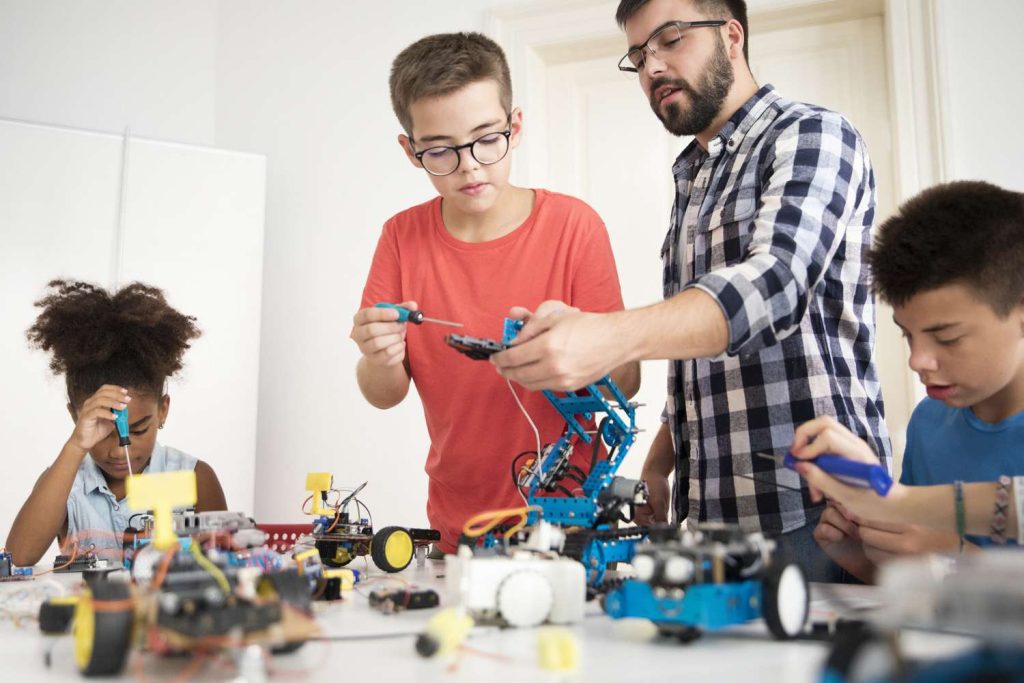School camps offer a transformative experience that goes far beyond the traditional classroom setting. They create an environment where students step out of their daily routines and engage in activities that foster teamwork, cooperation, and lasting friendships. Removed from the familiar structure of school, students are encouraged to interact with one another in new and meaningful ways. This change in setting often brings out hidden strengths, encourages collaboration, and enables students to discover the importance of working together to achieve common goals. Whether participating in a group challenge, setting up a tent, or cooking a meal, students learn how to communicate, share responsibilities, and support one another skills that are essential not only in academic settings but also throughout life. At school camps, many activities are intentionally designed to be team-based. Obstacle courses, problem-solving games, and outdoor adventures require input and effort from all participants. These shared challenges promote a sense of unity as students realize that success is often dependent on how well they can cooperate. In these moments, students must listen to each other, compromise, and pool their strengths, which naturally builds trust and camaraderie.

They begin to understand that every team member brings something valuable to the table, and these lessons in inclusivity and mutual respect help strengthen group bonds. Camps also provide a relaxed and supportive environment where students can be themselves without the pressures often present in academic or social hierarchies at school. This openness allows for more genuine connections to form. During campfire conversations, shared meals, or even light-hearted free time, students often find common ground with peers they might not typically interact with. These spontaneous and unstructured moments of connection help lay the foundation for enduring friendships. The shared memories created during these experiences often become cherished moments that tie individuals together for years to come. Moreover, school camps teach conflict resolution and empathy. When disagreements arise as they inevitably do in group settings students are guided to resolve them through dialogue, understanding, and compromise. These valuable life skills are best learned in real-life scenarios, and the camp setting offers a supportive backdrop where students can practice and grow.
School camps have long been cherished as an essential part of the educational experience, providing students with unique opportunities to grow beyond the classroom. Adults such as teachers and camp leaders play a crucial role in facilitating these teachable moments, modeling positive communication and guiding students toward cooperative solutions. Perhaps one of the most powerful outcomes of school camps is the sense of belonging they foster. When students feel that they are part of a team, accepted by their peers, and valued for their contributions, their self-confidence and emotional well-being improve significantly. These experiences can break down social barriers and help students build a network of supportive friendships that often extend long after the camp ends. In essence, school camps act as catalysts for personal growth and community building. They provide a dynamic platform where students can learn the importance of working together, develop meaningful social bonds, and gain experiences that shape their character. By encouraging teamwork, cooperation, and the formation of lifelong friendships, colonias escolares leave a lasting impact on young minds, preparing them for both the challenges and joys of life.
